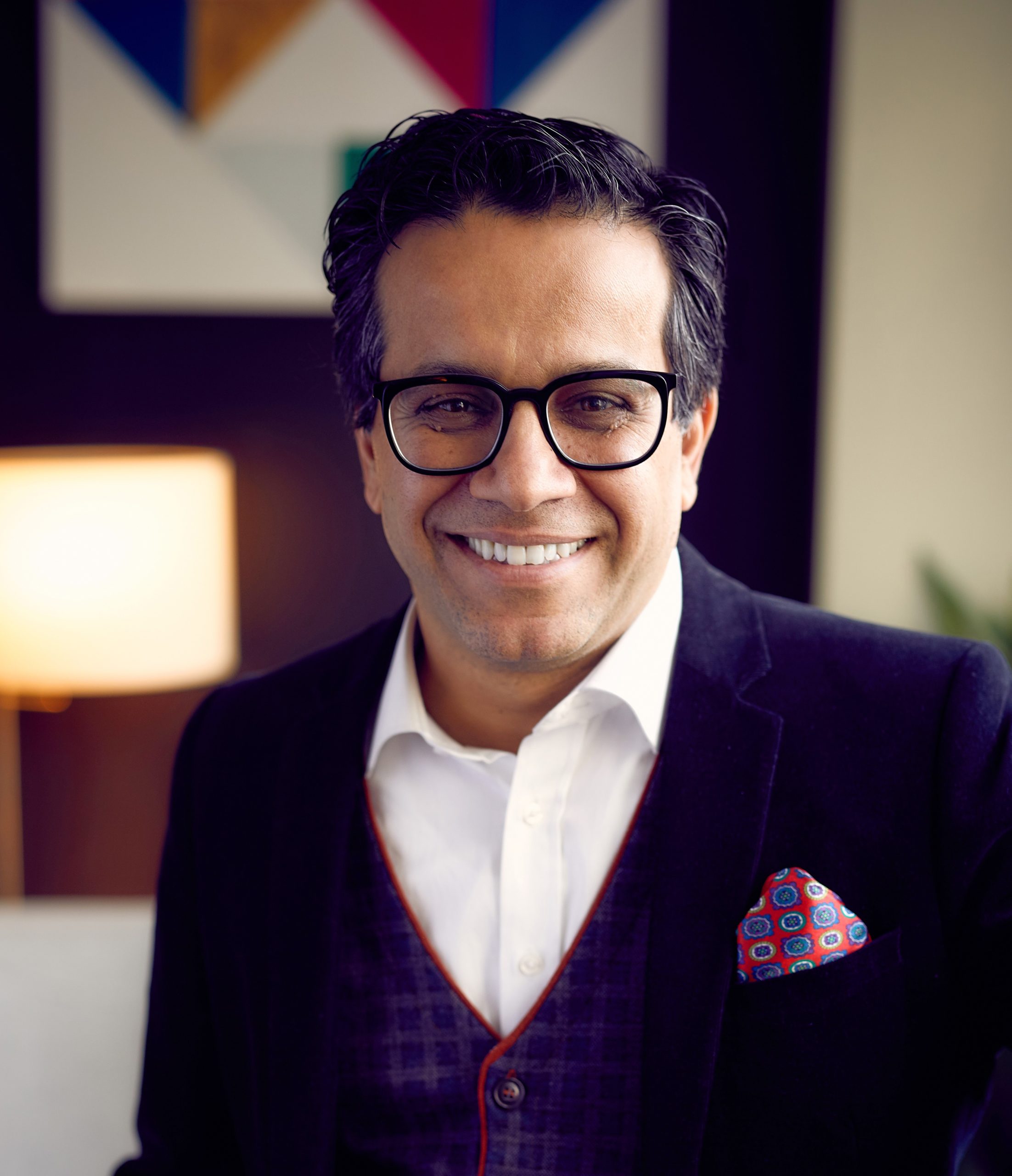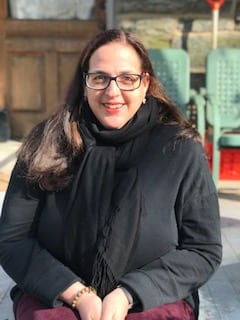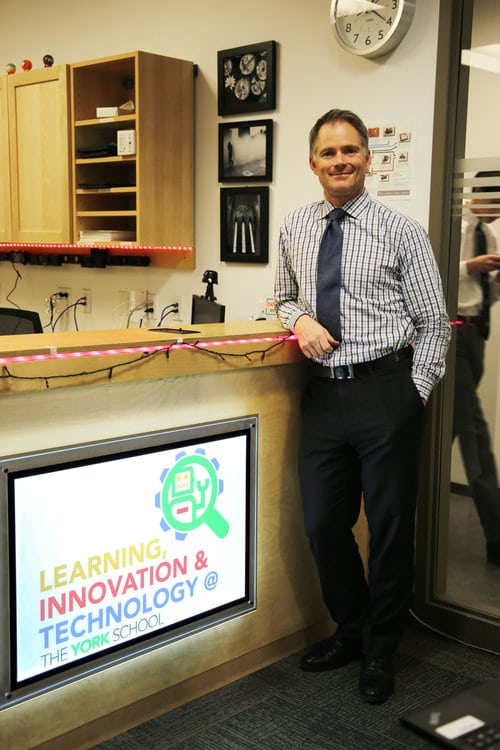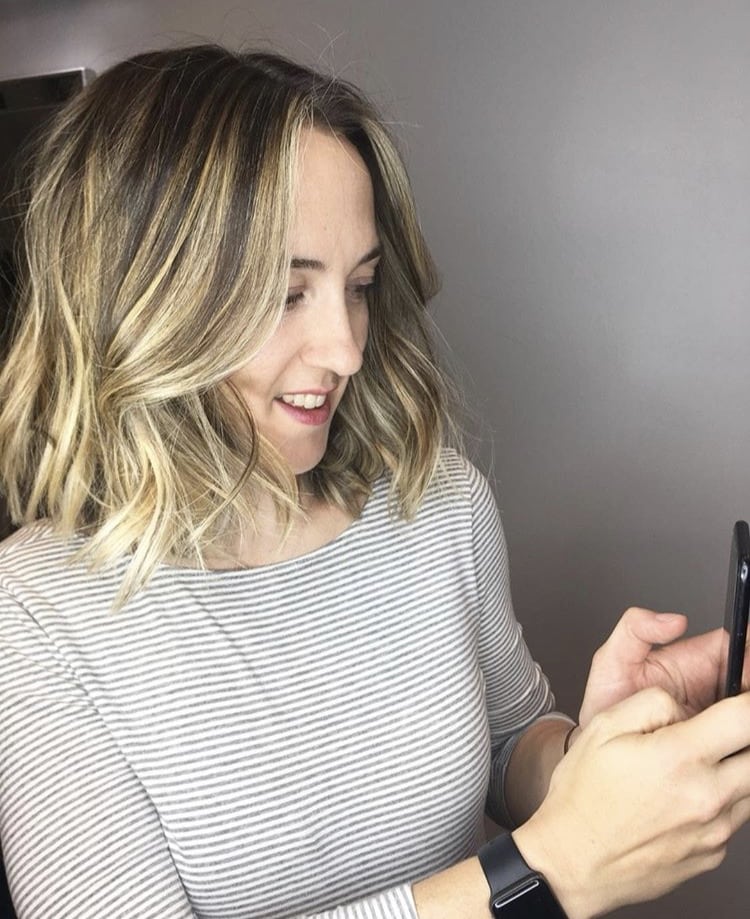How might teachers embed emotional literacy with diversity, equity, and inclusion learning? Today on the show I speak with the award-winning educator, consultant and writer, Shakil Choudhury. My first encounter with Shakil Choudhury was at the 2017 People of Colour Conference. I think my friend Jean Humphries had told me he was worth seeing and […]
How can English teachers move beyond merely diversifying their reading list and actually “decenter” whiteness in their pedagogy? Today on the show, Meg Goldner Rabinowitz joins me to talk about identity and literature. Meg Goldner Rabinowitz is an educator who works towards social justice in all she does. I invited her on the podcast today […]
How does one teacher and his fellow friend in education develop a PD model that completely changes the game for teacher learning? Today, I talk to Cohort 21 founder Justin Medved. I met Justin in my first year with Cohort 21 as a bright, shiny new participant. I was just starting my 2nd year as […]
What do the first day of school, TV show pilots, and blind dates have in common? They are all awkward beginnings! Welcome to this very first episode. I’m your host, Celeste Kirsh, and we are Teaching Tomorrow. You are either curious and jumping back to the start of this podcast or a devoted and […]



